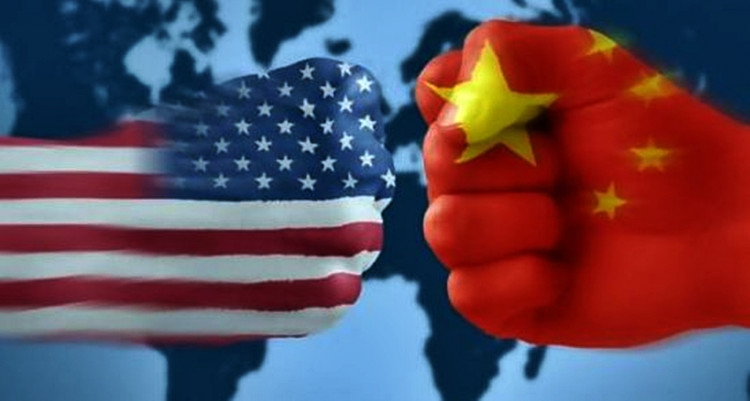China quickly responded to the Trump administration's threat to impose tariffs on $200 billion worth of its exports to the U.S. by filing a challenge to this illegal attempt at protectionism with the World Trade Organization (WTO).
China revealed this decision in a terse, one-sentence statement from the Ministry of Commerce. It gave no details of it challenge nor cited its legal reasons for taking this drastic step. This move comes less than a week after Trump announced new tariffs on more Chinese imports.
China blasted Trump's protectionism before filing its case with the WTO. "The tariffs are typical unilateralism, protectionism and trade bullying," it pointed out. "They are a clear violation of the basic WTO principle of most-favored-nation treatment, as well as the basic spirit and principles of international law."
This new Trump threat was made only last week and follows the imposition of U.S. tariffs on more than $34 billion worth of Chinese products on July 6. The Trump administration announced plans to impose 10 percent tariffs in September on an extra $200 billion worth of Chinese imports consisting of more than 6,000 goods and commodities.
The new list of Chinese commodities facing retaliatory duties of 10 percent includes frozen meats; a long list of live and fresh fish and seafood; butter; onions; garlic and other vegetables; fruits and nuts.
It also includes consumer goods such as beauty products; bicycles; car tires; furniture; wood products; handbags and suitcases; dog and cat food; baseball gloves; carpets; doors; skis; golf bags and toilet paper. Then, there are metals and a wide range of chemicals. White House officials said it might take two months to finalize the new list.
"As a result of China's retaliation and failure to change its practices, the president has ordered USTR to begin the process of imposing tariffs of 10 percent on an additional $200 billion of Chinese imports," said U.S. Trade Representative (USTR) Robert Lighthizer in announcing the proposed tariffs.
Lighthizer defended Trump's trade war against China.
"For over a year, the Trump administration has patiently urged China to stop its unfair practices, open its market, and engage in true market competition," claims Lighthizer. "Rather than address our legitimate concerns, China has begun to retaliate against U.S. products ... There is no justification for such action."
Washington's trade war goal is to bring the total amount of Chinese imports up to 40 percent of the total imported from China since U.S. products hit by Beijing's retaliation represent that share of exports.






